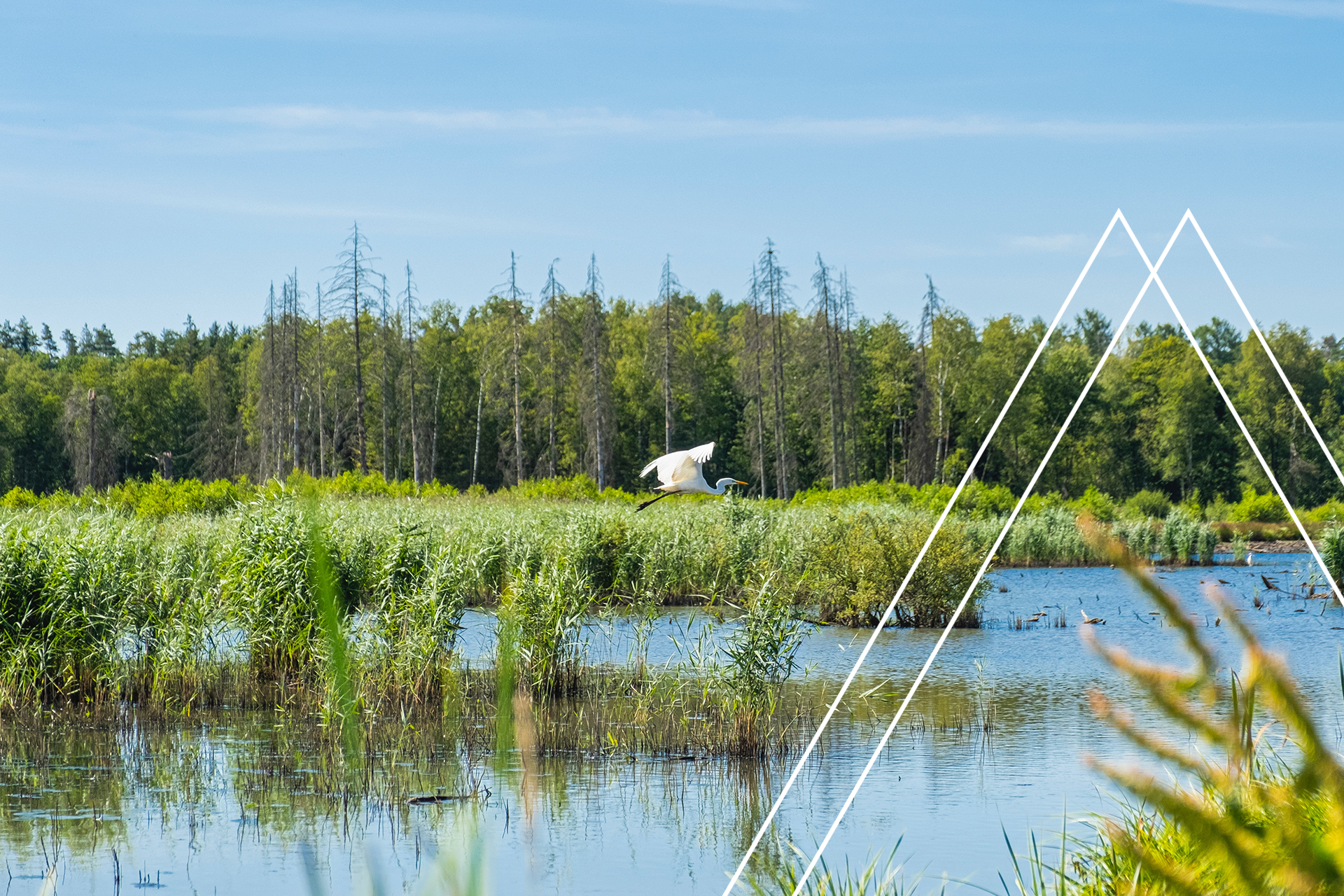On your mark, get set, GRESB! The season has started for the next round of sustainability rating for real estate funds
Are you ready for take-off? The new GRESB season has just started!
For six years now, EnviroSustain has been part of the GRESB movement, which is becoming increasingly important – including here in Germany. GRESB (Global Real Estate Sustainability Benchmark) compares similar funds with each other in their respective home markets on the basis of a comprehensive questionnaire and evaluates them with regard to their holistic approach to sustainability.
With perseverance, patience and a great deal of knowledge transfer, more customers are seeing the added value of this assessment. EnviroSustain has also changed during this time and our expertise in GRESB consulting and support has grown considerably year after year. Today we are a strong partner to our customers and achieve excellent results. This makes us optimistic that ESG performance will continue to grow at fund and asset level. In particular, the assessment of climate risks and the achievement of the Paris climate targets are our focus.
Since 1 March 2021, the annual Reference Guide for property valuation – the GRESB Real Estate Assessment – has been available as a pre-release at www.gresb.com. In contrast to the year 2020, were where many changes, this year’s requirements have not changed significantly. [Read more about the new Reference Guide for 2021 here.]
From 1 April 2021, the GRESB Portal has been open and invites all participants to complete the questionnaire and it will soon be clear who is well prepared and who still has some catching up to do. In order to make sure that the answers are comprehensible and that the supporting documents provided are accepted, there is the possibility of a Response Check. This preliminary examination is highly recommended and will be offered between 1 April 20201 and 1 June 2021. It is already included in the registration fee.
Now it’s time to roll up your sleeves and “get to the boulettes”, as they say here in Berlin. From fund management through to asset management, property management, and finally facilities management – all are integrated into the process at various levels. Policies are created, extended, maintained, and sometimes discarded. Consumption data is also collected, analysed and verified, and contracts are trimmed for sustainability. Furthermore, networks are formed, knowledge transfer made possible and much more. The final submission is eagerly awaiting.
The GRESB Portal will finally close on 1 July 2021. After this, GRESB will be working at full speed to compare the numerous funds worldwide.
The evaluation is divided into the dimensions Management and Performance for existing buildings or Development for project developments and compared with the corresponding peer group and the GRESB Average. Only those who achieve more than 50% of the points in each dimension will become a GREEN STAR. Up to 5 stars can be achieved in total in the GRESB quintile system. But be careful! Those who think they can rest on their laurels are mistaken – this is a dynamic system! If the competition gets better, then your own fund must also get better in order to stay ahead.
Policies alone are no longer sufficient to be able to perform successfully. Reducing the ecological footprint requires a consistent sustainability strategy that follows the annual GRESB cycle and the idea of continuous improvement. Collecting reliable data is the core task here, in order to define a building without gaps. Ultimately, this is the key to tackling change and making your success measurable. Only those who know the cause can lastingly eliminate the symptoms.
The preliminary results will be published on 1 September 2021 and the finals ones on 1 October 2021. They will reveal who did their homework. ESG Committees then meet and discuss the results, action plans are drawn up, and by the end of the year the gaps shown in the assessment must be filled.
Please contact us for a successful start of the GRESB season. We would be happy to support you!









Head Office, Berlin,
Neue Grünstraße 17 | 18 Hof 1 | TRH 3
10179 Berlin
© ES EnviroSustain GmbH 2021





